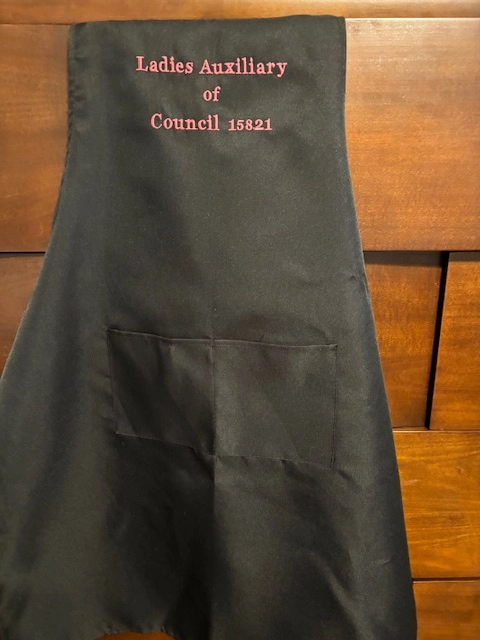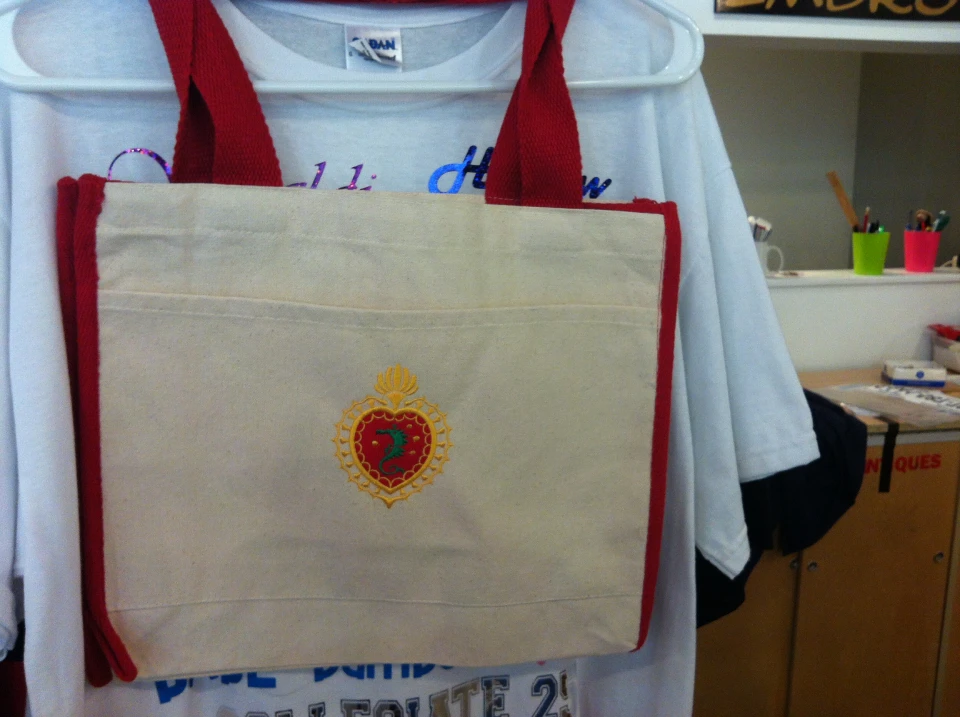The Art of Custom-made Embroidery: Unlocking the Tricks to Creating Special and Unforgettable Designs
The keys to creating custom embroidery styles that captivate the eye and leave a long lasting impression lie in a delicate equilibrium of strategy, imagination, and focus to detail. As we dive right into the world of personalized needlework, we discover the nuanced interplay in between thread choice, sew intricacy, and layout customization that boosts a mere garment to a work of art.
Selecting the Right Needlework Threads
When choosing needlework strings, what crucial variables should you take into consideration to guarantee the very best results for your custom layouts? The option of embroidery thread is critical in determining the final result of your stitched layout. One of the key considerations is the product of the thread. Various products such as cotton, polyester, rayon, and silk offer differing levels of luster, durability, and texture. It is necessary to pick a thread product that complements the material you are stitching on and straightens with the preferred appearance of the design.
Furthermore, the weight or thickness of the string plays a considerable function in the look of the embroidery. Thicker strings can include measurement and structure to your style, while finer threads are suitable for complex information and small text. In addition, considering the shade fastness and washability of the thread is critical to ensure that your custom designs keep their high quality and vibrancy over time. By carefully evaluating these aspects and choosing premium threads that meet your certain demands, you can improve the visual appeal and long life of your stitched productions.
Checking Out Different Stitch Strategies
To dig into the realm of 'Discovering Different Stitch Methods', one must understand the details and nuances that each stitching approach brings to the art of embroidery. Different stitch techniques not just add visual passion but likewise add to the total texture and dimension of the layout. One prominent stitch strategy is the satin stitch, which entails carefully packed parallel stitches to develop a smooth and glossy surface area, perfect for filling out shapes and developing bold outlines.
On the other hand, the backstitch is a functional strategy typically made use of for laying out and including great details. It includes sewing in reverse to create a solid line of embroidery. In addition, the French knot stitch includes a tactile aspect to layouts, ideal for developing textured accents like blossom facilities or attractive touches.
Checking out various stitch strategies enables embroiderers to have fun with light, shadow, and depth within their styles, elevating the aesthetic charm and artistic quality of their embroidery projects. By grasping various sewing methods, one can unlock endless opportunities for developing distinct and remarkable custom-made needlework items.
Incorporating Personalized Layout Components
Having checked out the ins and outs of different stitch methods such as the satin stitch, backstitch, and French knot, the focus now changes in the direction of integrating personalized design aspects in personalized needlework projects. Personalized design elements play an important duty in making needlework jobs truly special and unforgettable. One means to include customization is by including initials, names, or substantial days to the layout. This not just includes a personalized touch but also improves the emotional value of the embroidery item.
An additional means to include personalized style components is by including symbols or motifs that hold unique significance to the recipient or mirror their rate of interests and character. Integrating a preferred blossom, pet, or hobby-related sign can make the embroidery design more significant and tailored. In addition, picking colors that resonate with the recipient or straighten with the designated theme can better improve the personalization of the embroidery project.
Understanding the Art of Color Sychronisation

One trick aspect of shade coordination is understanding shade theory. This consists of knowing how various shades connect with each other, the emotions they communicate, and just how they can be integrated to create aesthetically appealing styles. By using shade concept concepts, embroiderers can develop harmonious shade combinations that improve the total look of the layout.
Furthermore, paying uni tailor interest to contrast is essential in color control. Utilizing contrasting shades can help particular components of the layout pop, improve legibility, and develop Go Here a visually dynamic embroidery item. By understanding the art of shade sychronisation, embroiderers can boost their layouts and create remarkable items that reverberate with clients and visitors alike.
Enhancing Texture With Advanced Needlework Stitches

Bullion knots, on the various other hand, can be used to produce twisted, ropelike aspects that include an elegant feeling to the needlework. Experimenting with these advanced needlework stitches enables you to push the borders of typical needlework and develop absolutely special and aesthetically attractive appearances in your designs.
Final Thought
To conclude, the art of custom needlework involves a this contact form combination of choosing the right threads, checking out various stitch strategies, integrating customized design elements, mastering color sychronisation, and improving texture with advanced stitches. By understanding and implementing these crucial elements, embroiderers can create one-of-a-kind and unforgettable layouts that showcase their imagination and ability. Needlework lovers can open the secrets to producing attractive and bespoke items that attract attention and leave a lasting perception.
 Mara Wilson Then & Now!
Mara Wilson Then & Now! Jonathan Lipnicki Then & Now!
Jonathan Lipnicki Then & Now! Judd Nelson Then & Now!
Judd Nelson Then & Now! Sydney Simpson Then & Now!
Sydney Simpson Then & Now! David Faustino Then & Now!
David Faustino Then & Now!